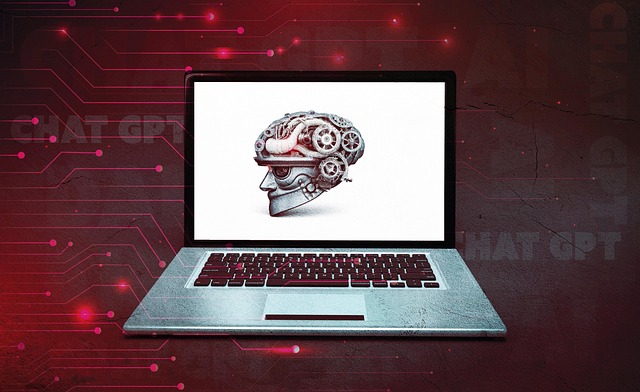# The Future of AI Technology: How Intelligent Systems are Reshaping Business and Daily Life
Artificial Intelligence (AI) has transitioned from a futuristic concept to a pivotal component of modern society. With advancements in machine learning, natural language processing, and robotics, AI technologies are increasingly integrated into both business operations and daily life. This article explores the transformative effects of AI, its applications in various sectors, and the ethical considerations that accompany its rapid development.
## Transformative Applications in Business
The business landscape is undergoing a significant metamorphosis due to the integration of AI technologies. Companies across various industries are leveraging AI to enhance efficiency, improve customer experiences, and drive innovation. One notable application is in data analytics, where AI algorithms analyze vast amounts of data to uncover patterns and trends that humans might overlook. This ability allows businesses to make data-driven decisions, optimizing their strategies and operations.
Furthermore, customer service has experienced a revolution through the implementation of AI chatbots and virtual assistants. These intelligent systems can handle a multitude of inquiries simultaneously, providing immediate responses and freeing human agents to tackle more complex issues. As a result, businesses can offer 24/7 support, significantly improving customer satisfaction and loyalty.
Moreover, AI is streamlining supply chain management. Predictive analytics powered by AI enables companies to forecast demand more accurately, manage inventory levels efficiently, and reduce operational costs. For instance, retail giants harness AI to analyze purchasing patterns, ensuring that stock levels meet customer demand without excess inventory. This not only enhances profitability but also contributes to sustainability efforts by minimizing waste.
## Enhancing Daily Life with Intelligent Systems
Beyond the corporate world, AI technology is profoundly impacting everyday life. Smart home devices, powered by AI, are becoming increasingly commonplace. These devices learn user preferences over time, allowing for personalized experiences. For example, smart thermostats can adjust temperatures based on user habits, optimizing energy consumption and enhancing comfort.
Transportation is another sector experiencing a seismic shift due to AI. Autonomous vehicles are on the horizon, with companies investing heavily in the development of self-driving technology. These vehicles promise to reduce traffic accidents caused by human error, optimize traffic flow, and provide mobility solutions for those unable to drive. The implications for urban planning and public transportation are substantial, potentially leading to less congestion and more efficient use of infrastructure.
Healthcare is also witnessing a transformation through AI applications. From diagnostic tools that analyze medical images to predictive analytics that identify at-risk patients, AI is improving patient outcomes and enhancing the efficiency of healthcare systems. For instance, AI algorithms can analyze thousands of medical records to identify patterns that lead to early intervention, ultimately saving lives and reducing healthcare costs.
## Ethical Considerations and Future Challenges
As AI technology continues to evolve, ethical considerations surrounding its use become increasingly important. One of the primary concerns is data privacy. With AI systems relying heavily on data, the potential for misuse or unauthorized access to personal information is a pressing issue. Striking a balance between utilizing data for innovation and protecting individual privacy rights is crucial for maintaining public trust.
Another challenge lies in the potential for bias in AI algorithms. If the data used to train these systems is biased, the outcomes can perpetuate existing inequalities. This issue is particularly significant in areas like hiring practices, law enforcement, and lending, where biased algorithms can lead to unfair treatment of individuals based on race, gender, or socioeconomic status. Addressing these biases requires a concerted effort from developers, policymakers, and society at large to ensure that AI technologies are equitable and just.
Moreover, the future of work is being reshaped by AI. While automation can lead to increased productivity, it also raises concerns about job displacement. Many fear that intelligent systems will replace human workers, leading to unemployment and economic instability. However, history has shown that technological advancements often create new job opportunities, albeit in different sectors. Preparing the workforce for this transition through education and training will be essential in harnessing the benefits of AI while mitigating its risks.
## Conclusion
In summary, the future of AI technology holds immense potential to reshape business practices and enhance daily life. The applications of AI in data analytics, customer service, supply chain management, smart homes, transportation, and healthcare are just the beginning. However, as we embrace these advancements, it is imperative to address the ethical considerations and challenges that accompany them. By fostering a dialogue around data privacy, algorithmic bias, and the future of work, society can ensure that AI technologies are developed and implemented responsibly. The journey ahead will undoubtedly be complex, but with careful stewardship, the future of intelligent systems can lead to a more efficient, equitable, and innovative world.











